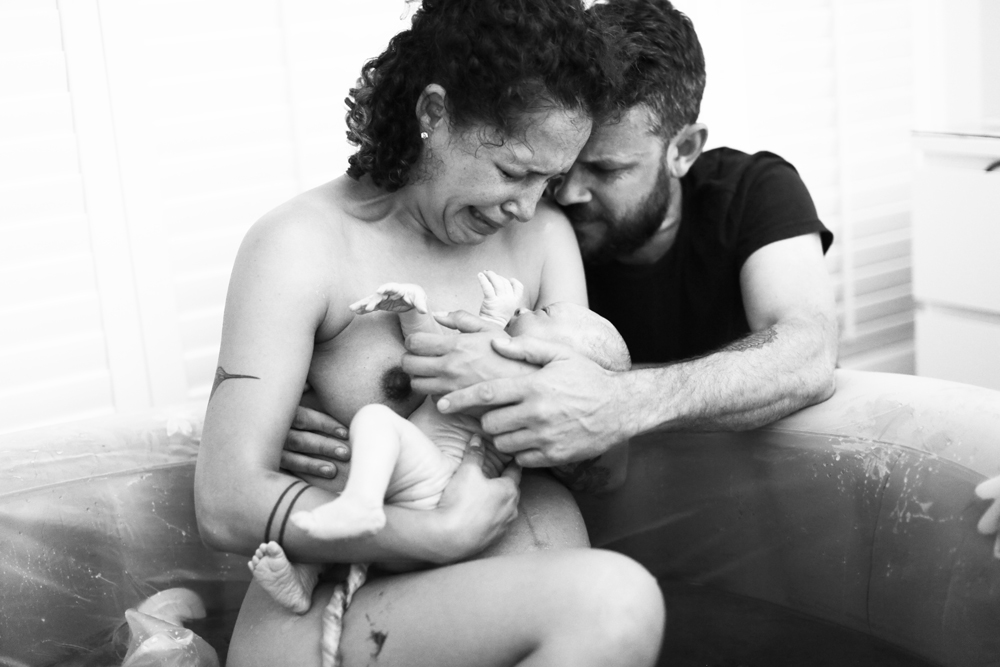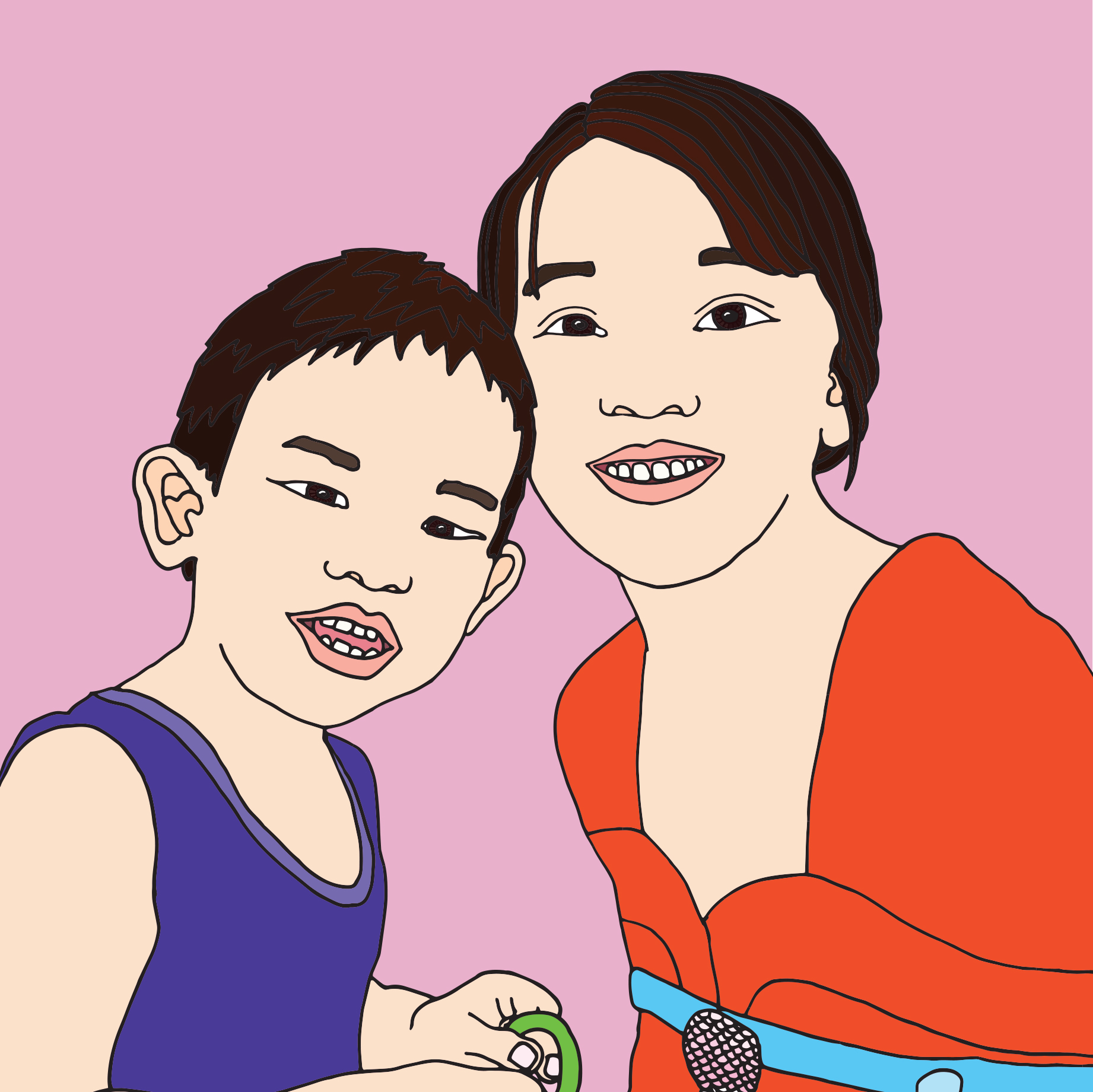10 Ways Partners Can Offer Practical & Emotional Support During Labour and Birth

Birth and labour advice for partners and support people, as recommended by our readers.
If you haven’t attended a birth before it can be difficult to know how to help someone in the throes of labour. Seeing your loved one experience the intensity and pain of contractions can render many people feeling helpless. What do you do? What do you say? What don’t you do or say? That’s where we come in.
Do know this advice isn’t just for first-timers: perhaps you have been at a birth before and while there, you felt a little misplaced so want to be better equipped for round two. These tips should help:
- Know your stuff. Understand the physiology of labour and birth by reading our Hey Māmā book and attending antenatal classes with your partner. Watching birth videos and listening to podcasts can be beneficial too.
- Be clued up on the birthing person’s preferences. Have a kōrero with them ahead of labour to discuss their wishes. How do they feel about intervention? Where do they stand on pain relief? Knowing the decisions they would like to make in their birth can help you with point #3 which is to…
- Be an advocate for the birthing person. Every birthing person has the legal right to informed consent but some birthing people find it difficult to express their personal wishes during labour. It’s your job to support and empower them in their choices, and help express these to the health professionals at the birth if the birthing person isn’t in a position to communicate their preferences at the time.
- Offer words of affirmation for emotional support. It can be as simple as: ‘Breathe’ or ‘Trust your body.’ Again, have a conversation with the birthing person before labour to discuss the affirmations that best resonate with them.
- Be available physically, with a hand to hold/squeeze, as a shoulder to lean on, by mimicking breathing techniques, or simply as a supportive presence.
- Practise physical touch. Some birthing people love light touch massage as it helps them relax during the contractions and encourages the release of endorphins, while others prefer firmer pressure with the likes of hip squeezes to assist with the intensity of their surges. Keep in mind that some people don’t want to be touched at all during labour so this is something you may need to navigate on the day.
- Be prepared with everything you will personally need for the birth. You can see our hospital bag checklist for birthing partners here.
- Make sure there’s petrol in the car! If you’re planning on giving birth at the hospital or a birthing centre, there is nothing worse than having to make a stop for gas on the way so make sure there’s enough in the tank as you approach the final weeks of pregnancy. Even if you’re planning a home birth, there’s a chance you may need to transfer to hospital so it’s a good idea to also be prepared in this instance, just in case.
- Set up their birthing space when you arrive at the hospital or birth centre. How does the birthing person want the space to feel? Think LED candles, fairy lights, a diffuser, dim lighting, and music.
- Keep them hydrated by offering sips of water in between contractions. It’s a good idea to pack a straw in the hospital bag for ease of use.



